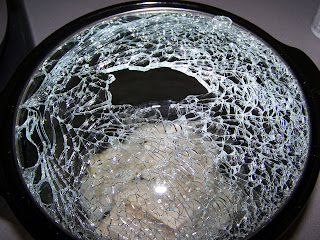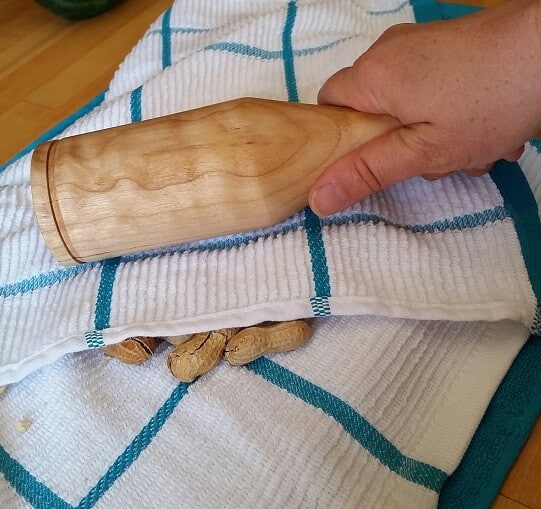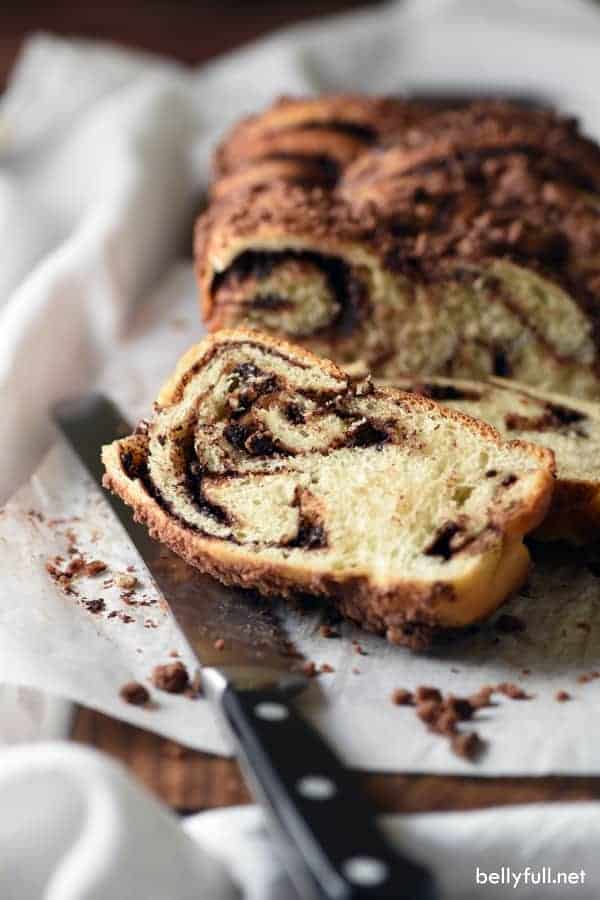Beitza 34a-b
1- We continued the discussion concerning doing a permitted מלאכה when there is a chance that it may go awry and result in expending effort needlessly. If it does happen to go bad, the work one did is considered חילול יום טוב.

Rashi:
שצריך לבודקן – אם יוכלו לקבל לבונה הלכך ביו”ט לא דלמא פקעי ואשתכח דטרח שלא לצורך
The Mishnah and Gemara tackle the case of the ‘new tiles’. As mentioned last week, an ancient method of cooking was by heating a tile and then placing food on it to cook.
If a tile has never been used there is a chance that it may crack and thus the cooking on Yom Tov would be in vain.
From there the Gemara goes on to a case of shechting a chicken on Yom Tov where the odds are that after inspection it will turn out to have been treif.

We mentioned the Halachah that a Mohel should not do his first Bris on Shabbos! The concern is that he may mess up (ouch!) and be considered a מחלל שבת.
See here. 331,13.
2- We learnt about using a bellows on Yom Tov.

3- A way of cracking nuts in large quantities is by placing them inside a towel and smashing them with a hammer. The nut shells will crack indeed but the towel may get ripped as well. The Gemore says that such cracking is permitted on Yom Tov.

Rashi says that the ripping קורע (one of the 39 מלאכות) is not an issue because ripping is only prohibited when the intention is to rip for the purpose of mending (sewing it back together).
ואין חוששין שמא תקרע – ואפי’ נקרעת לא אכפת לן דאין זה קורע על מנת לתפור
We learnt the Reb Akiva Eiger who asks on Rashi that such an action (ripping without the intent to resew it) is nevertheless prohibited miDerabonon .
Reb Akiva Eiger has another explanation on this.
4- From here we entered another interesting Sugya:

Does the mandated eating on Shabbos have the power to ‘uplift’ the status of the meal?
We mentioned one scenario enwhere the Shabbos meal perhaps changes the meal status and we will get into the Gemara’s cases next week.
The case concerns the eating of non-bread (aka cake) and the ברכה אחרונה.
Generally, only bread establishes an eating event as a meal . קביעת סעודה.

Nevertheless, one needs to wash, say המוציא and bentch a full ברכת המזון on cake if he eats more than 6 or 8 ounces. This large quantity of cake, cookies or pizza creates a סעודה and a regular washing, המוציא and bentching is required. See here. (2, 2)

Due to the מצוה of eating on Shabbos, does eating cake on Shabbos (at a Shabbos meal where one does not wash), create ‘an important meal’ and would it necessitate a המוציא and full bentching even if one eats only one small piece of cake?
More next week.